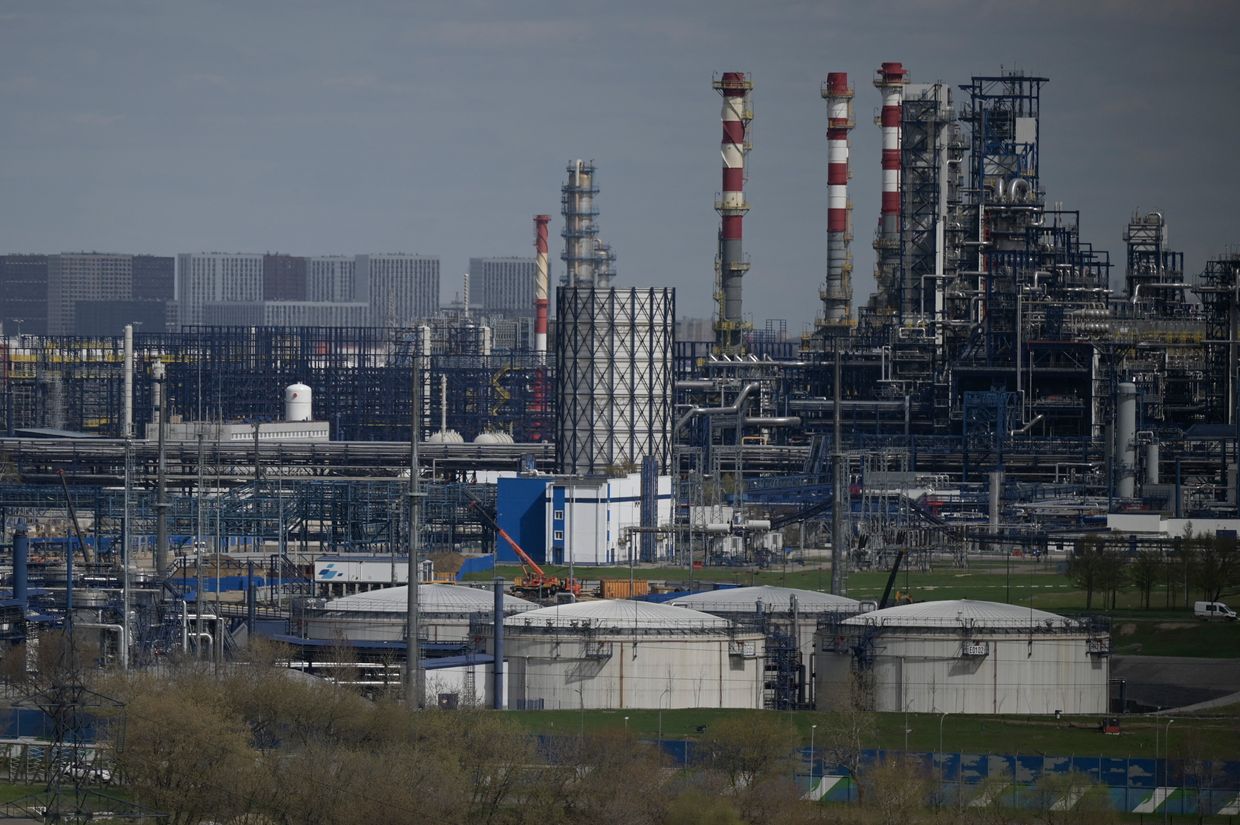Moldova announces state of emergency over expected halt of Russian gas

Moldova's parliament on Dec. 13 voted to introduce a 60-day-long state of emergency starting Dec. 16 over the expected halt of Russian gas transit via Ukraine.
The country's Russian-occupied region of Transnistria is dependent on Russia's Gazprom supplies it receives through Ukraine. The gas flow is expected to cease after Dec. 31, as Kyiv said it does not aim to extend the transit deal past 2024.
Moldovan Prime Minister Dorin Recean's government proposed a state of emergency to respond more quickly and curb energy exports to avert shortages and a "humanitarian crisis" in Transnistria.
Recean said the problem is "artificial" as Russian gas could instead flow through the TurkStream pipeline to Turkey and then through Bulgaria and Romania to Moldova. The state-run Gazprom has thus far rejected this option, citing an alleged debt Chisinau owes to Russia for past gas purchases.
Since 2022, the roughly 2 billion cubic meters of Gazprom gas flowing to Moldova per year have been used only by the Transnistria region, while the rest of the country has switched to European supplies.
Gas shortages in Transnistria threaten the whole of Moldova, as the Cuciurgan power plant, located in the Russian-occupied region, supplies electricity to consumers in the rest of the country, the News.ro news outlet reported.
Transnistria, a narrow territory at Moldova's eastern border with Ukraine, has been occupied by Russia since the early 1990s. Local authorities declared a state of emergency over the expected gas transit halt this week.
The state of emergency, supported by 56 of the 101 Moldovan lawmakers, will give Chisinau a chance to make this "the last winter when the country can be subject to energy blackmail," Recean said.
Before 2022, Moldova bought all of its gas from Russia, making it vulnerable to Russian extortion. Under recently re-elected President Maia Sandu, the country took a pro-Western turn, launching EU accession talks in June and expelling dozens of suspected Russian spies.
Chisinau has repeatedly accused Russia of hybrid campaigns against the country, including election interference, espionage, and a coup plot. Sandu's administration has also fostered close ties with Ukraine amid the full-scale invasion, providing diplomatic and humanitarian support.










